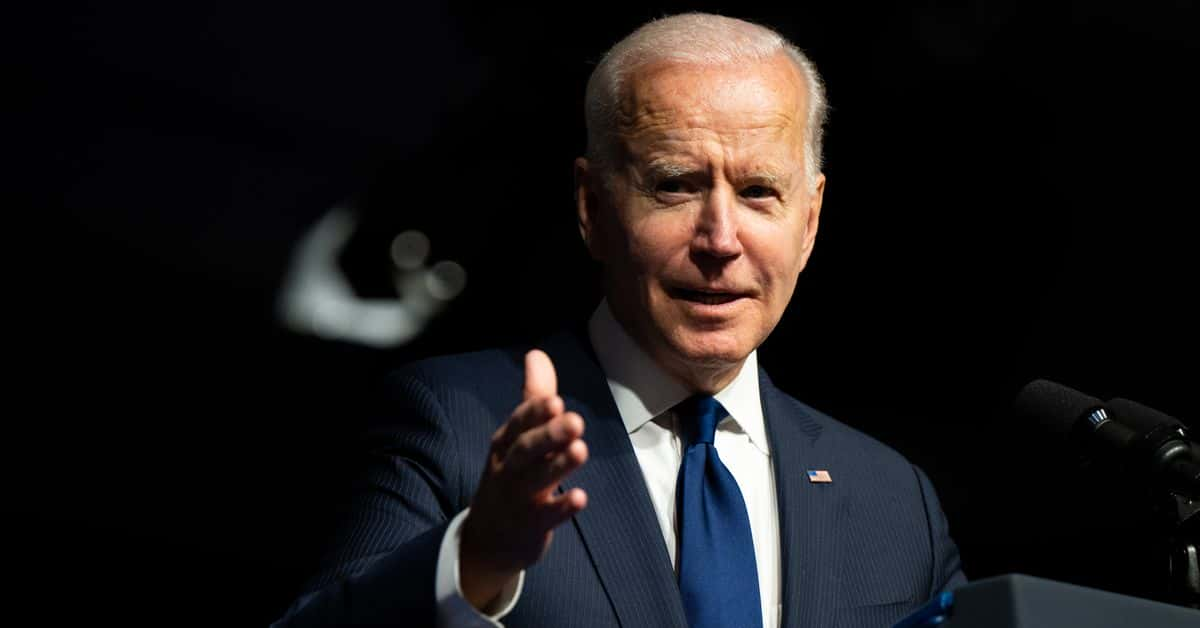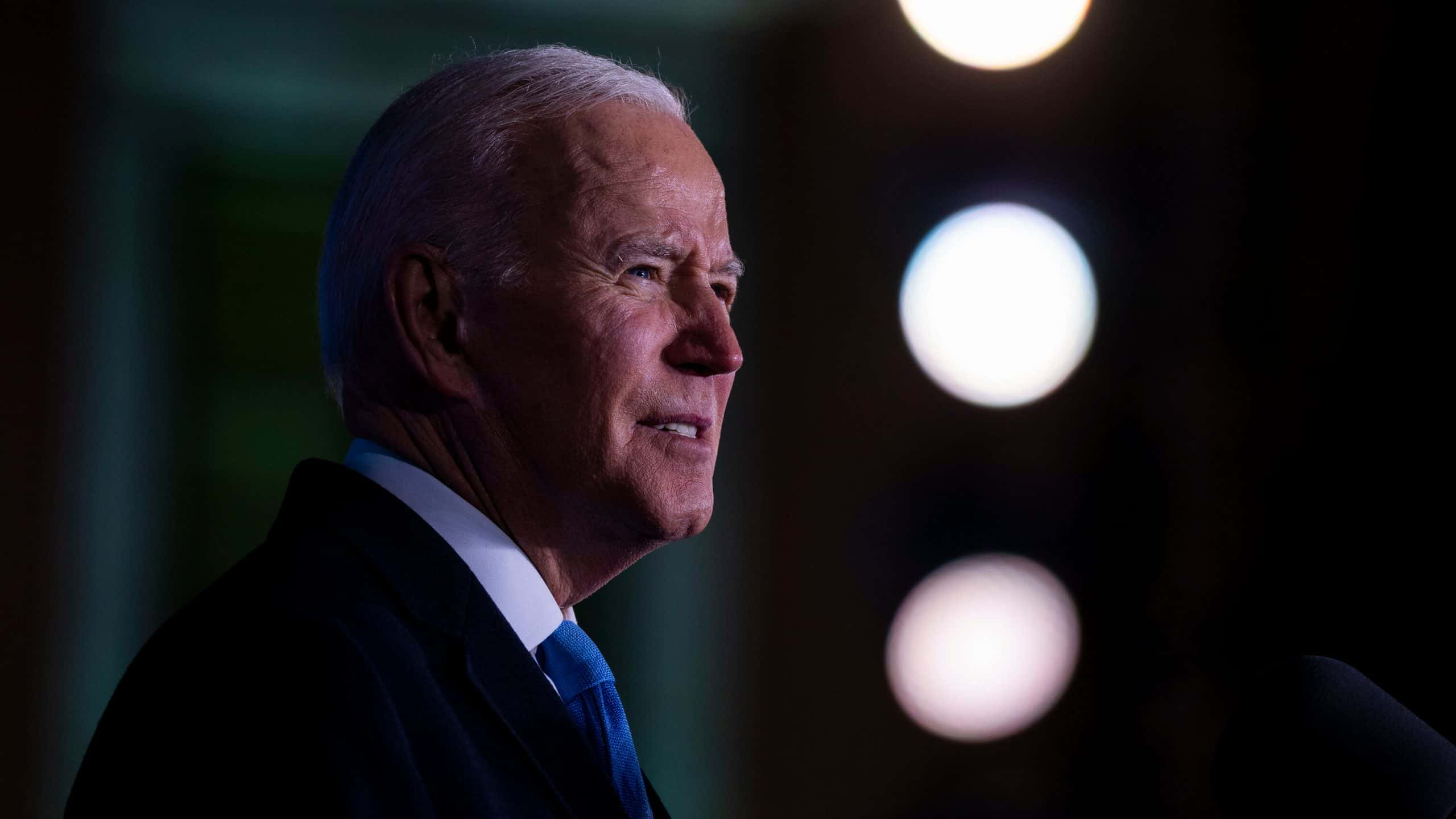The president aims to raise federal taxes by $4.7 trillion and increase spending by $1.8 trillion over the next decade, stating that this plan would reduce the 10-year deficit by $2.9 trillion.

The focus in Congress has shifted from resolving the federal debt ceiling “crisis” to addressing the federal budget for the fiscal year 2024, with President Biden proposing significant increases in federal taxes and spending
However, a different perspective suggests that reversing these numbers would yield better outcomes for the country. Historically, federal spending has averaged 21.1% of the gross domestic product (GDP) in the 40 years preceding the pandemic. Although the pandemic necessitated a temporary increase in spending, federal outlays remain higher than pre-crisis levels, accounting for 24.1% of GDP on average over the next ten years, according to the Congressional Budget Office. President Biden‘s proposal aims to further boost this average to 24.8%.
This increase in federal spending is concerning, as it should not outpace the growth of the economy or people’s incomes. The approach taken by the Biden Administration evokes President Ronald Reagan‘s depiction of the government’s perspective on the economy: “If it moves, tax it. If it keeps moving, regulate it. If it stops moving, subsidize it.”
To counter this approach, an alternative strategy is proposed that would place the country on a more solid financial footing, reduce the burden of government on household budgets, and lead to an overall improvement in the standard of living. This pro-prosperity strategy suggests flipping President Biden’s numbers: cutting federal spending by $4.7 trillion instead of increasing taxes by that amount, and reducing federal taxes by $1.8 trillion instead of raising spending by that figure.
Both proposals would result in a $2.9 trillion reduction in the 10-year federal deficit
Crucially, the alternative strategy would shrink the size of the government and lighten the tax burden on American taxpayers, whereas President Biden’s budget would grow the government and increase the federal tax burden. Notably, 435 economists, including two Nobel Laureates, have signed an open letter opposing President Biden’s budget proposal due to its “anti-growth” tax and spending policies, highlighting the need to address the immense spending problem rather than revenue.
Critics of the proposed cuts argue that they would harm federal programs, but in reality, they would only reduce federal spending and taxes by a modest 5.9% and 3% respectively compared to current law. The rejection of the Biden Administration‘s pursuit of big government socialism is rooted in the intention to foster U.S. economic growth rather than expand the federal government.
READ ALSO: If You Pay The Wrong Amount Of Your Estimated Income Tax Payments: Here’s What Happens




